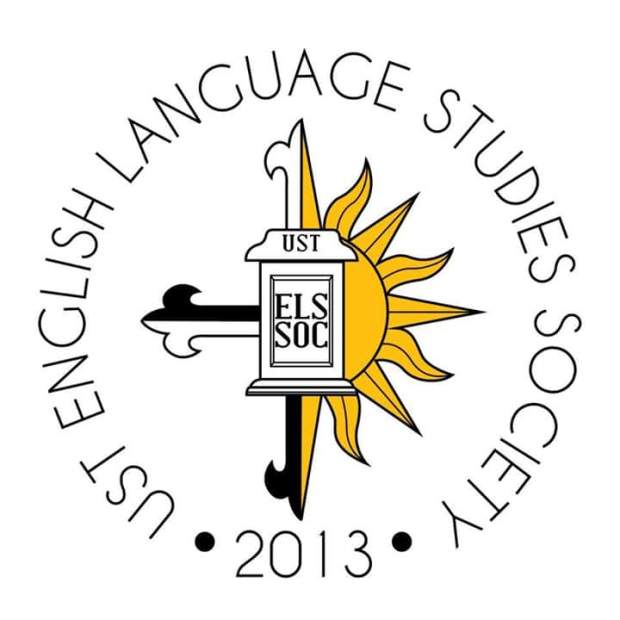The UST English Language Studies Society’s first seminar for ELSSOC Week entitled, “Lingua,” was held last October 17, 2016 at the Beato Angelico AVR, Beato Angelico Building, University of Santo Tomas. The guest speaker, Dr. Ricardo Nolasco from UP Department of Linguistics delivered his discussion about the implementation of mother tongue-based multilingual education (MTB-MLE) in the Philippines entitled “Never Again a Nation of Fifth Graders.” Based on his gathered information ranging from 1995 to 2014, millions of Filipinos have poor computation and comprehension skills. This has contributed to low average scores in national exams like NCAE and international competitions involving other Southeast Asian nations. One out of 5 elementary graduates was not functionally literate as well. Studies showed that students who spoke the language of a test at home had higher mathematics and science achievement. In the case of our country, it has been a call to introduce English to all the students. “Filipinos believed that when they teach their children English, they will become easy learners and successful, which is not true. We must first master our own language; start with our mother tongue (L1 such as Bisaya and Ilokano) and use it to improve our second language, English,” Dr. Noalasco said.
The Kindergarten Act, the Early Years Act, and the Enhanced Basic Education Act of 2013 marked in the Philippine education history. It implements MTB-MLE policy wherein basic education will be delivered in languages understood by the learners (L1) from grades 1 to 3. From grades 4 to 6, learners shall gradually be transitioned from their respective L1s to the L2s (Filipino and English.) Dr. Nolasco emphasized, “It is an additive system, not subtractive. You don’t subtract L1 from L2. It must be a step by step process that will create a strong foundation for your knowledge.” For instance. Japanese and Korean students use their L1 in studying their Mathematics and Science, which is why they get high ranks during international academic competitions. They only study English to give more clothing to the things that they learn. In the latter part of his talk, Dr. Nolasco suggested that teachers must be given adequate trainings for a good quality of education.
MTB-MLE is imposed by a great challenge to elevate the country’s academic skills using L1 that will help in the development of L2. Furthermore, it is evident that language is the key to unlock more knowledge needed to equip ourselves to be educated.




